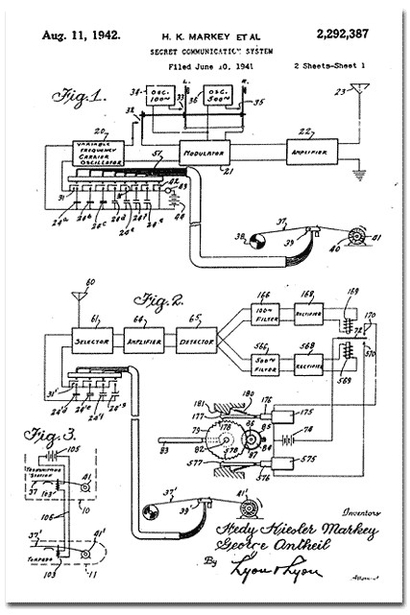
Augusta Ada King, Countess of Lovelace (née Byron; 10 December 1815 27 November 1852) was an English mathematician and writer. She is chiefly known for her work on Charles Babbage’s proposed mechanical general-purpose computer, the Analytical Engine. Ada Lovelace was the first to recognize that the machine had applications beyond pure calculation. She is often regarded as the world’s first computer programmer, as she wrote the world’s first algorithm intended to be processed by a machine.
Ada Lovelace was born in London, England, to the poet Lord Byron and his wife, Anne Isabella Milbanke. Her father left the family when Ada was just a month old, and her mother, Lady Byron, raised her alone. Lady Byron was determined to prevent Ada from developing her father’s perceived insanity, so she encouraged Ada’s interest in mathematics and logic. Despite being often ill in her childhood, Ada pursued her studies assiduously.
In 1833, Ada met Charles Babbage, a British mathematician and inventor who is credited with designing the first mechanical computer. Babbage was working on the Analytical Engine, a proposed mechanical general-purpose computer that could perform any calculation that could be done by a human. Ada became fascinated with the machine and began working with Babbage to develop it further.
Between 1842 and 1843, Ada translated an article by the military engineer Luigi Menabrea about the Analytical Engine. She supplemented the article with an elaborate set of notes, simply called “Notes”. Lovelace’s notes are important in the early history of computers, especially since the seventh one contained what many consider to be the first computer programthat is, an algorithm designed to be carried out by a machine.
Lovelace’s contributions to the field of computer science were not fully recognized until the 1950s, when her notes were republished. Since then, she has been celebrated as a pioneer of computer science and an inspiration to women in STEM fields.
In conclusion, Ada Lovelace was a brilliant mathematician and writer who made significant contributions to the field of computer science. She recognized the potential of Charles Babbage’s proposed mechanical general-purpose computer, the Analytical Engine, and wrote the world’s first algorithm intended to be processed by a machine. Her work has inspired generations of computer scientists and women in STEM fields..
